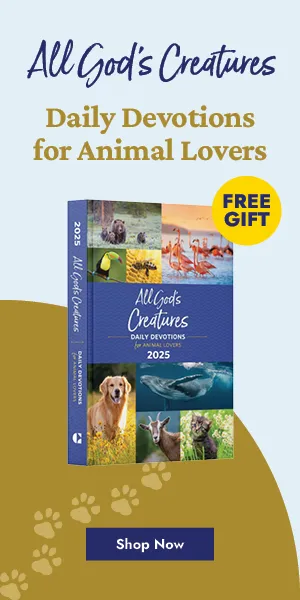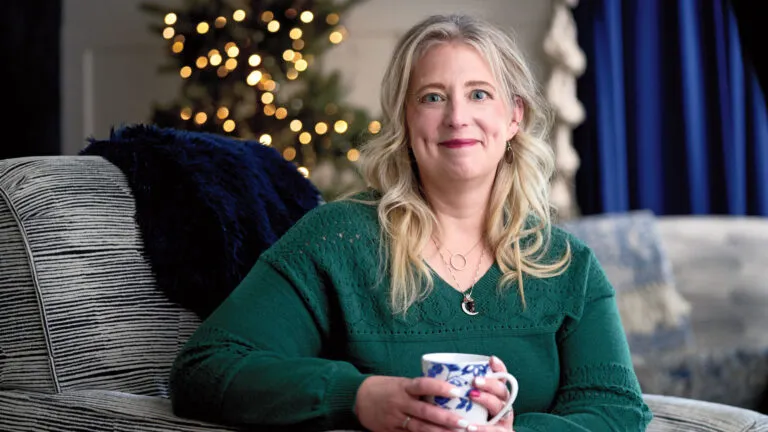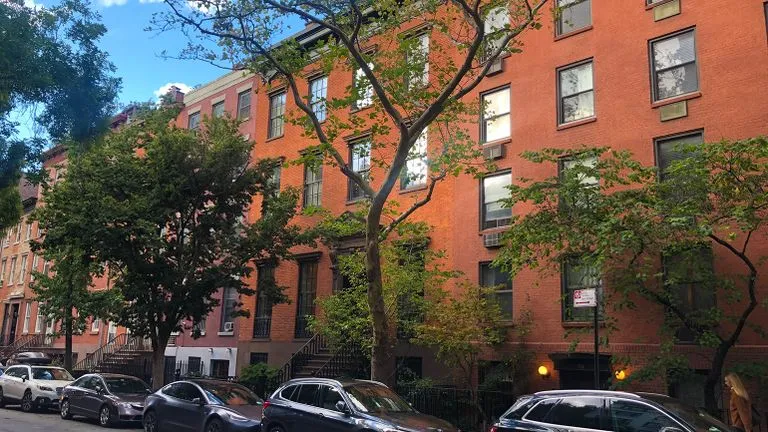My neighbor nearly died last year. But no wonder. She was working with highly toxic chemicals. Is she a chemist? No. She’s a homemaker. But she might as well have been a chemist, because the cleaning supplies she was using to scrub a bathtub contain chemicals that are capable of killing humans. Too bad she didn’t read the fine print.
But then, how many of us read the small print? I admit.it…I usually don’t.
Rashes, burning eyes, fuzzy thinking, coughs. You probably know people who have experienced these symptoms. You may be one of these people yourself. One of my sons had painfully cracked feet until I started rinsing his socks twice to ensure all the detergent was out. Eureka! No cracked feet! I probably should have changed detergents, too.
How can we find out what’s dangerous to the environment…and to us? Often, what’s dangerous for one is dangerous for the other. The non-profit organization, Green Seal, places its seal on items it finds environmentally-safe. Look for it when shopping.
True. Some items that protect the environment—and us—cost more. But hey! A bargain that poisons our air, water, and even ourselves…what kind of bargain is that?
Wildlife—especially birds—are killed by these harsh cleaners as they enter the streams and ponds. Yet, we go on, poisoning them, each other, and even ourselves by using them.
Of course, we don’t want to be engulfed by dirt, but if you had to choose, is dirt really worse than poison? Relax. You don’t have to choose. New laws are coming in place, and there are alternatives.
The word is that in January, cleaning product manufacturers will voluntarily begin disclosing what’s inside their bottles. Isn’t it amazing that we haven’t already required that of them? The Environmental Protection Agency is taking steps to protect consumers, too. Unfortunately, it is almost taken for granted that lawsuits by some manufacturers will substantially slow the process of ensuring our safety.
Fortunately, there are alternatives. Vinegar works miracles. Have you tried baking soda?
What do you use to clean with? Is it safe for wildlife? Birds? You?
By the way, most of us have heard the saying “Cleanliness is next to Godliness” But did you know this saying did NOT come from the Bible? Here’s a theological question to mull over: Does God love dirty people and dirty homes as much as clean ones? I’m curious…what are your thoughts?
Carol
Feel free to email me your environmental tips and questions!




